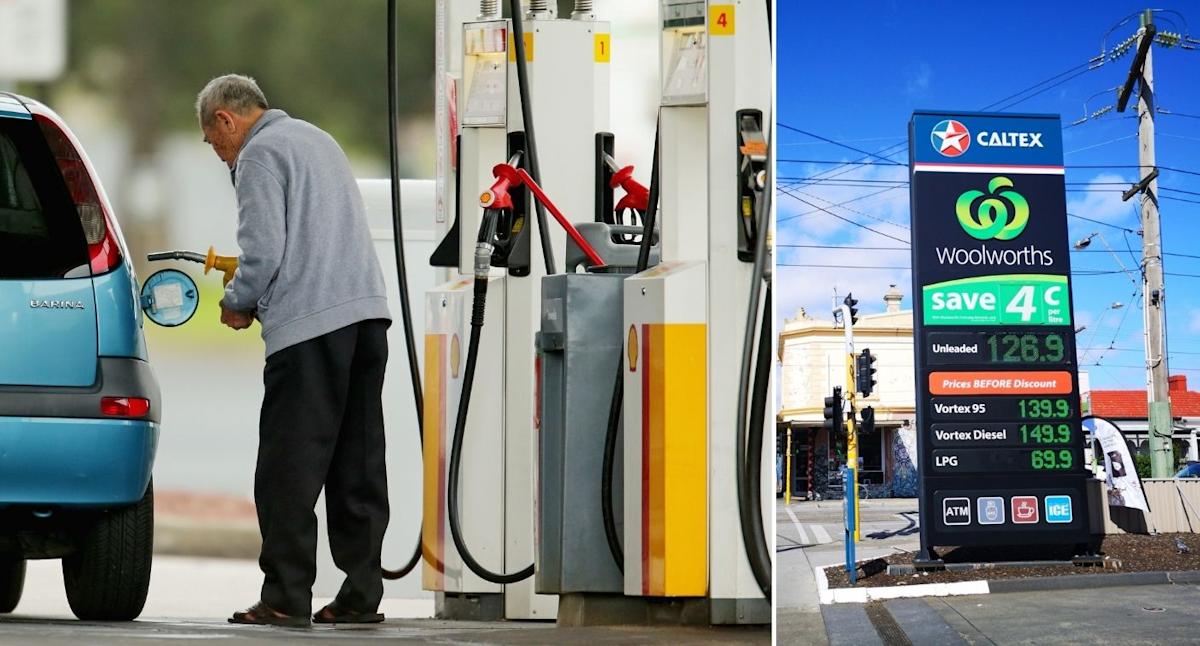



Article by: Hari Yellina
A full tank of gas has suddenly become a status symbol that will eat into any family’s budget. Many Australians are looking to the government for assistance since the average price of petrol has risen over 50 cents per litre in the last five weeks. A freeze on the gasoline excise, a 44 cent per litre levy levied by the government, is one option being considered. While that appears to be a quick remedy on paper, tax experts say that a cash-in-hand payment would go farther. Susan Franks, Senior Tax Advocate of Chartered Accountants Australia and New Zealand, said this week that rising grocery prices, not just gasoline, were shifting the balance of household budgets.
“These products are often not discretionary, and low-income people are the ones who are suffering the most,” she said. Reducing fuel excise will not always result in reduced gas costs, and it will weaken incentives to go to net zero. When it comes to fuel, Australia is a price taker, and there is no assurance that any cost savings would be passed on to consumers. Ms Franks believes that “direct relief payments,” like to the one-time $750 payment granted to welfare users during the epidemic, would be a considerably more efficient means of addressing the problem. “Direct relief payments would be significantly more effective in relieving Australians with their current hip pocket ache, allowing them to spend money on stuff that they need – not on things they don’t.”
To offset growing living costs, the federal government is proposing a cash transfer in this year’s budget. If included in Treasurer Josh Frydenberg’s budget on Tuesday, it will most likely be a one-time payment of $200 to $400 to working Australians, paid directly to bank accounts before the federal election. Although no date has been announced for the election, it is expected to take place in May. Ms Franks explained, “A one-time payment is a temporary solution to what may be a transitory situation.” It allows the government more time to assess the future global and Australian economic prospects without permanently modifying revenue-generating processes that would make our transition to net zero emissions more difficult.
Professor of Economics at UNSW, Richard Holden, predicts a one-time payment in lieu of a fuel excise cut, with any payment being means-tested. “There will be certain cost-of-living measures that will neither eliminate the fuel excise nor remove it for a period of time,” he said. “My guess is that it’ll be something along the lines of a means-tested direct payment.” “So every Australian earning less than a particular amount of income will get some sort of basically direct payment, you know, a few hundred dollars, six hundred bucks, something like that,” says the minister.
Both the treasurer and the prime minister have pledged for a plan to help people cope with rising living costs, but neither has specified what that package will entail. “We’re acutely aware of the cost-of-living constraints that have resulted from these dreadful events, such as Russia’s illegal invasion of Ukraine,” Scott Morrison said. “The budget is due next week, and we’ve been carefully evaluating our response to ensure that we can offer a budget that both meets those immediate requirements and maintains our solid economic plan.”